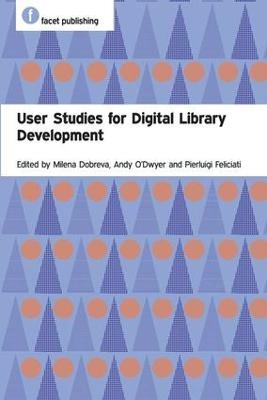As the information environment becomes increasingly electronic, digital libraries have proliferated, but the focus has often been on innovations in technology and not the user. Although userneeds have become a popular concept, in practice the users are rarely consulted in the development of services. Research and analysis of users is essential to fine-tune the content and approach of digital libraries to the diverging requirements and expectations of incredibly varied communities and to ensure libraries are effective, accessible and sustainable in the long term. Providing a clear and coherent overview of the user studies domain and user issues in digital libraries this landmark edited text captures a truly global cross-section of leading voices. The following key topics are covered across three broad themes: an introduction to the issues, description of the main methods with illustrative case studies and exploration of which methods should be chosen for analysis of common user study questions - what is the place of user studies in digital libraries and what are the basic user study methods? explaining user-centric studies, information behaviour and user experience studies; exploring user-study methods such as surveys, questionnaires, expert evaluation methods, eye tracking, deep log analysis, personae and ethnographic studies; critical issues around user studies such as evaluation of digital libraries, digital preservation, social media, the shift to mobile devices and ethics; user studies in specific types of institutions; libraries, archives, museums, audiovisual collections and art collections; and the most popular questions and what to do next.This is an essential guide for information professionals involved in supporting, developing or designing digital library services and for researchers wanting to address the user dimension in their work. It is also an essential textbook for students on LIS and computer science courses who want to understand the importance of the user in information services.
Åtkomstkoder och digitalt tilläggsmaterial garanteras inte med begagnade böcker





















